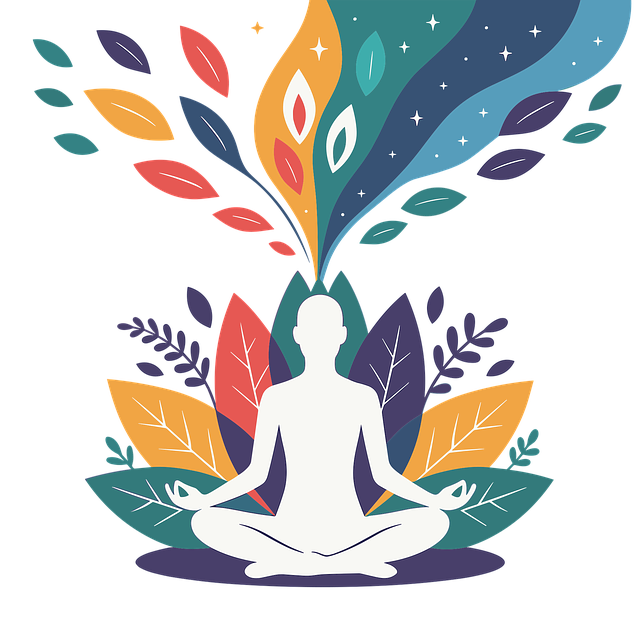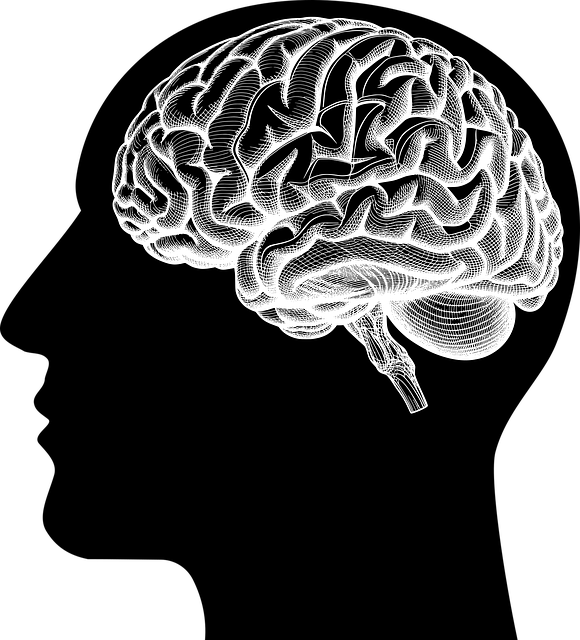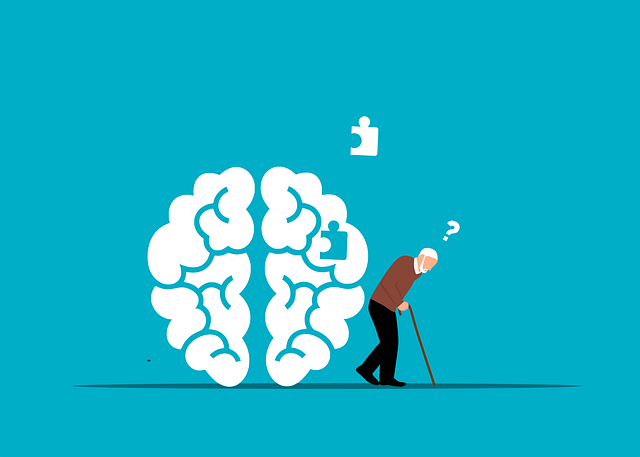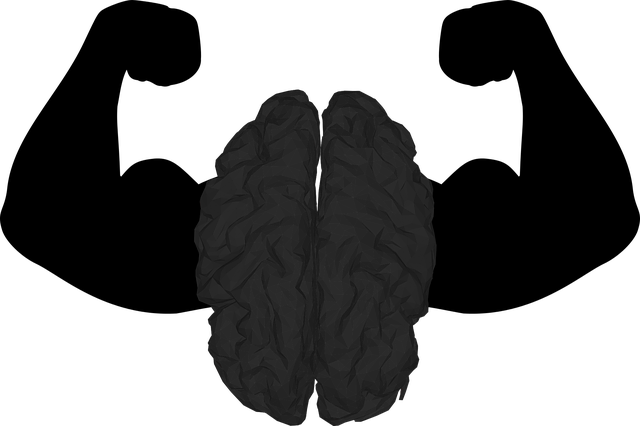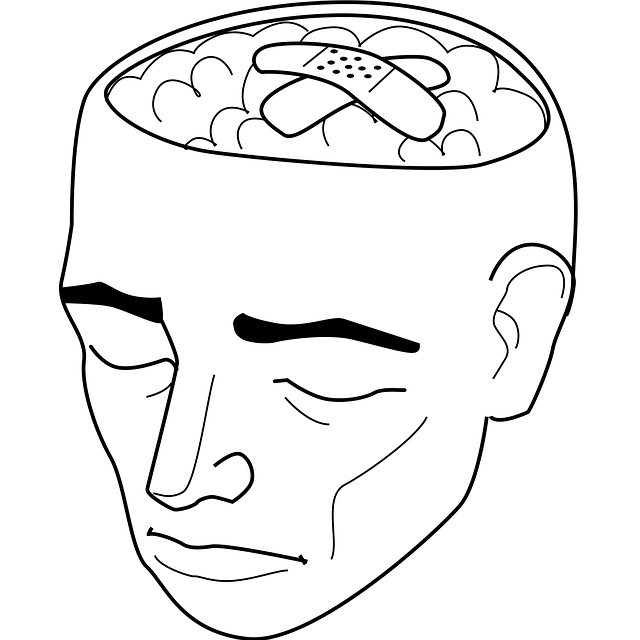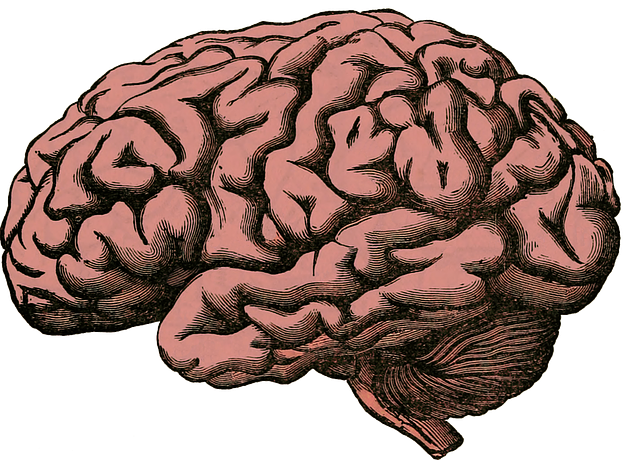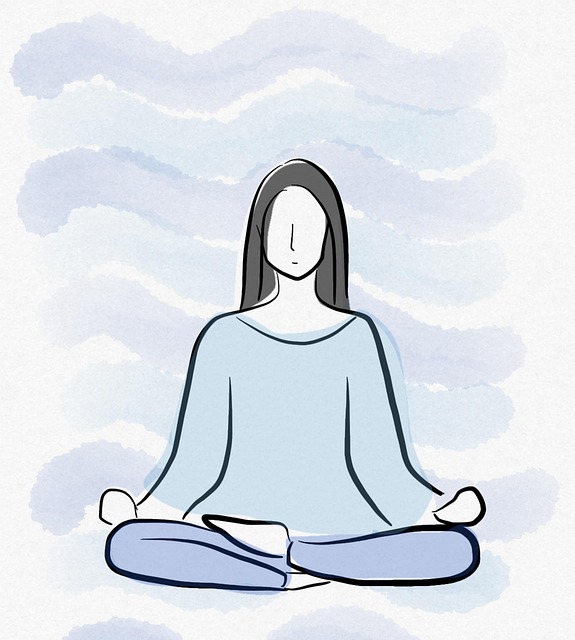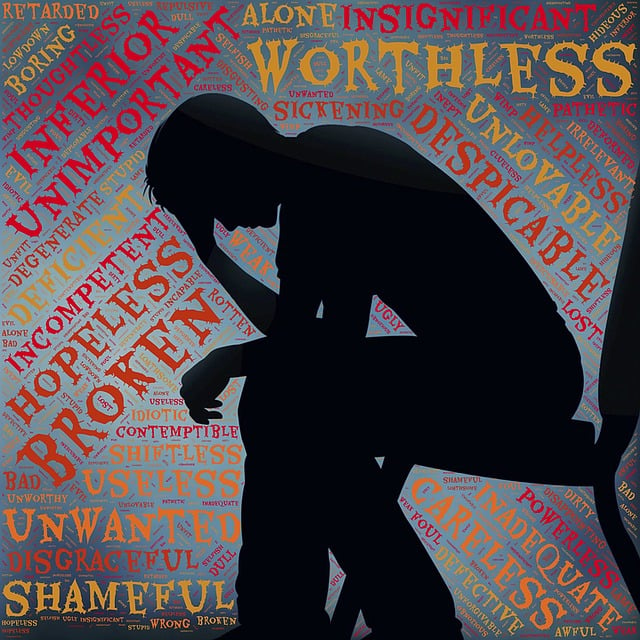Boulder Geriatrics Therapy prioritizes cultural competency as a cornerstone of patient care, recognizing diverse backgrounds and fostering strong patient-provider relationships through improved communication. Their training programs emphasize self-awareness exercises, compassion cultivation, and positive thinking to empower therapists to address geriatric challenges with personalized care that promotes mental well-being. Success is measured through post-training surveys, tracking healthcare practices, and monitoring patient satisfaction and mental wellness outcomes, demonstrating the multifaceted benefits of their Boulder Geriatrics Therapy cultural competency initiatives.
In today’s diverse healthcare landscape, cultural competency is essential for providers to offer quality care to all patients. This article explores how Boulder Geriatrics Therapy leverages cultural competency training to improve patient outcomes. We delve into the significance of understanding cultural nuances, designing effective training programs tailored to geriatric therapists, and measuring the success of these initiatives. By focusing on these aspects, Boulder Geriatrics Therapy ensures it provides culturally sensitive care that respects and values each patient’s unique background.
- Understanding Cultural Competency in Healthcare: Why It Matters for Boulder Geriatrics Therapy
- Designing Effective Training Programs: Essential Components for Boulder Geriatrics Therapists
- Measuring and Evaluating Success: Assessing the Impact of Cultural Competency Training for Geriatric Care in Boulder
Understanding Cultural Competency in Healthcare: Why It Matters for Boulder Geriatrics Therapy

Cultural competency is an essential aspect of healthcare that Boulder Geriatrics Therapy understands and prioritizes. It involves recognizing and respecting diverse cultural beliefs, values, and practices, ensuring quality care for all patients, regardless of their background. In a city like Boulder, known for its vibrant and diverse community, this skill set is invaluable. The ability to navigate different cultural landscapes fosters better patient-provider relationships, leading to improved communication and understanding of individual needs.
For geriatric therapy, cultural competency is crucial in addressing the unique challenges faced by older adults from various ethnic and cultural groups. It enables therapists at Boulder Geriatrics Therapy to provide personalized care that considers not just physical health but also mental well-being. By being culturally sensitive, they can help patients overcome barriers related to language, customs, and traditions, thereby boosting self-esteem, confidence, and even depression prevention among their clients.
Designing Effective Training Programs: Essential Components for Boulder Geriatrics Therapists

Effective training programs for Boulder Geriatrics Therapy should incorporate a multifaceted approach to cultural competency. Firstly, Self-Awareness Exercises are crucial to help therapists recognize their own biases and assumptions, fostering an environment where every patient feels heard and respected. By promoting introspection, these exercises enable professionals to anticipate and address potential cultural barriers.
Additionally, integrating Compassion Cultivation Practices into the training curriculum can significantly enhance the therapist-patient relationship. Encouraging empathy and understanding allows geriatric therapists to connect more deeply with patients from diverse backgrounds, leading to improved care outcomes. Moreover, incorporating practices that nurture Positive Thinking can help reduce stress and foster a supportive atmosphere both for the therapists and their elderly clients, ultimately enhancing the overall quality of care provided by Boulder Geriatrics Therapy professionals.
Measuring and Evaluating Success: Assessing the Impact of Cultural Competency Training for Geriatric Care in Boulder

Measuring success in healthcare is an intricate process, especially when addressing sensitive cultural topics like geriatric care. In Boulder, where geriatrics therapy is a prominent service, evaluating the effectiveness of cultural competency training is crucial. This involves assessing not only knowledge gain but also behavioral changes and improved patient outcomes. One effective method is through post-training surveys, which gauge participants’ perceived understanding of cultural sensitivity and their confidence in providing care to diverse older adult populations.
Additionally, tracking long-term changes in healthcare practices can offer valuable insights. For instance, comparing the frequency and quality of interprofessional communication strategies before and after training can demonstrate improved collaboration among geriatric care teams. Moreover, measuring patient satisfaction rates and mental wellness outcomes can highlight the indirect yet significant impact of cultural competency development programs, including those focused on communication strategies and confidence boosting techniques, in Boulder’s geriatrics therapy landscape.
Cultural competency training is a vital tool for enhancing patient care, particularly within specialized areas like Boulder Geriatrics Therapy. By incorporating essential components and measuring their impact, healthcare providers can ensure that their practice truly reflects the diverse needs of Boulder’s geriatric community. This holistic approach not only improves outcomes but also fosters an inclusive environment where every patient feels valued and respected.
